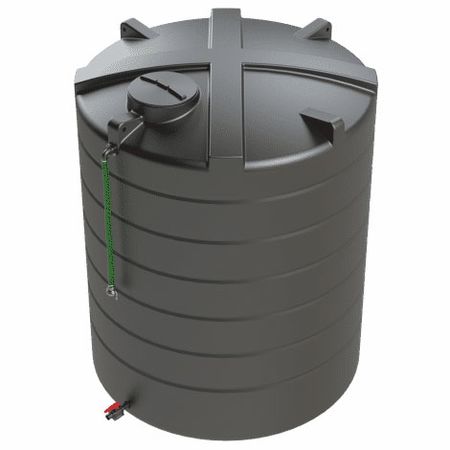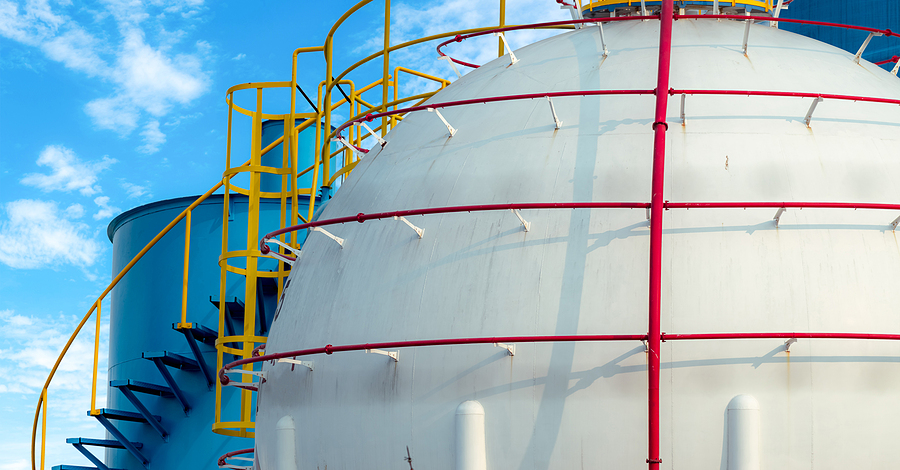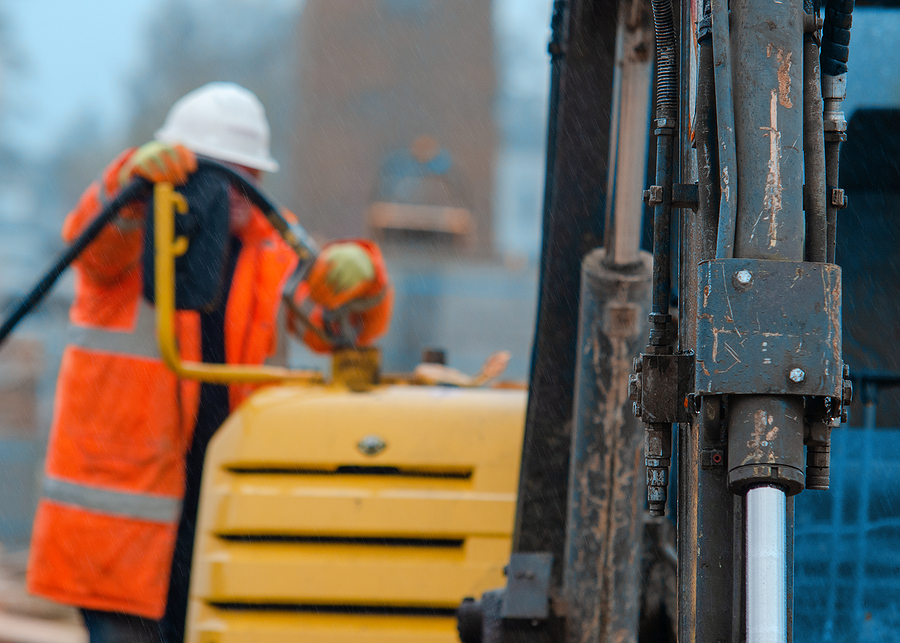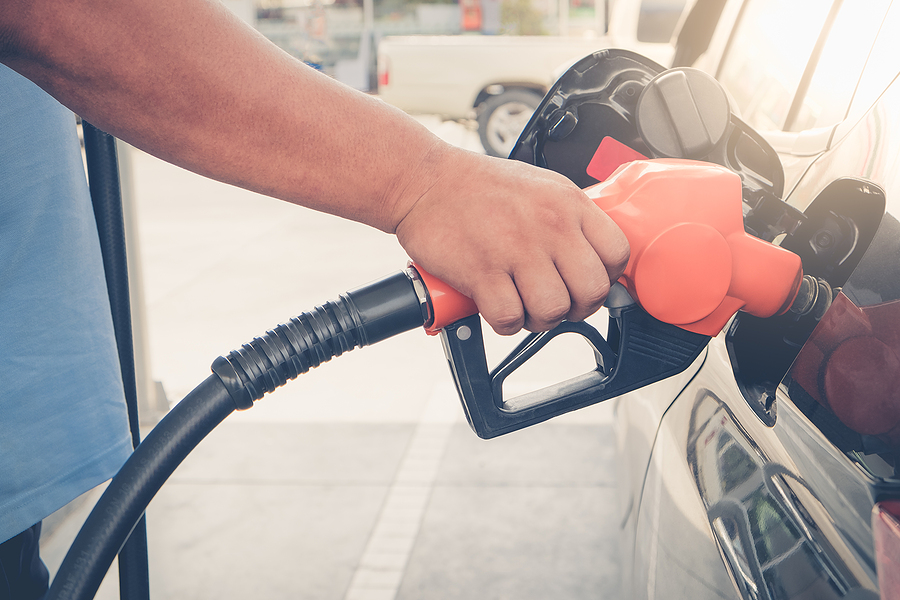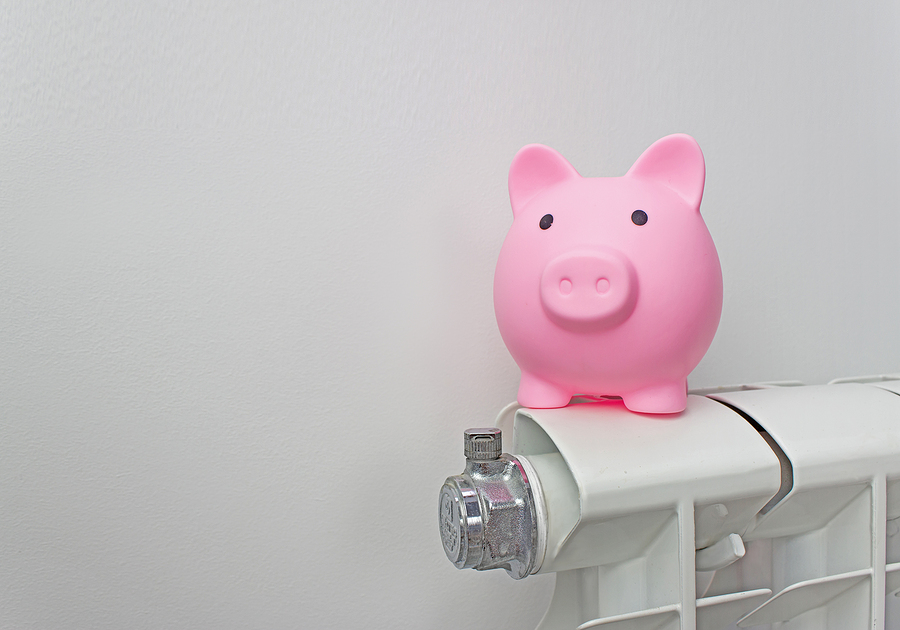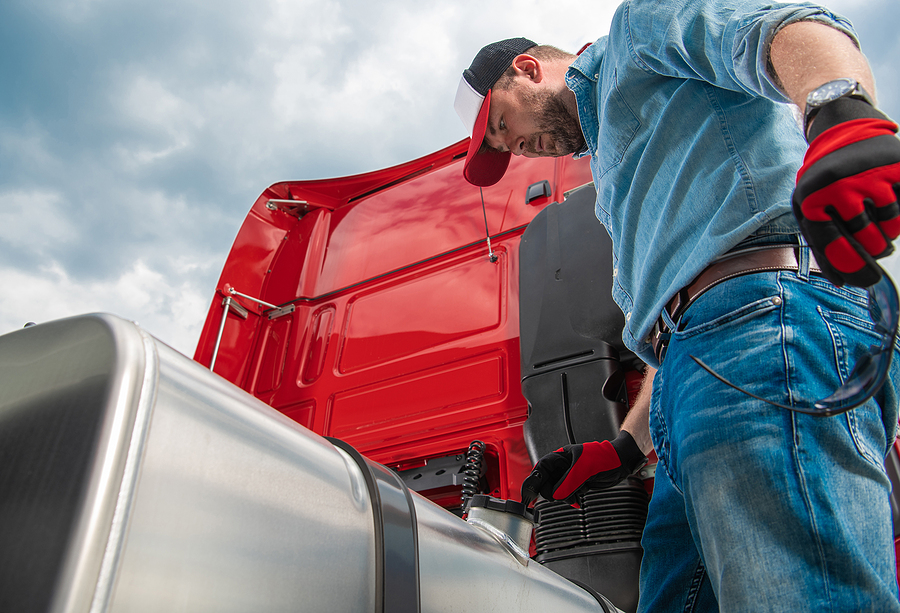Tank Cleaning ‘Can Help Prevent Filter Blockages’
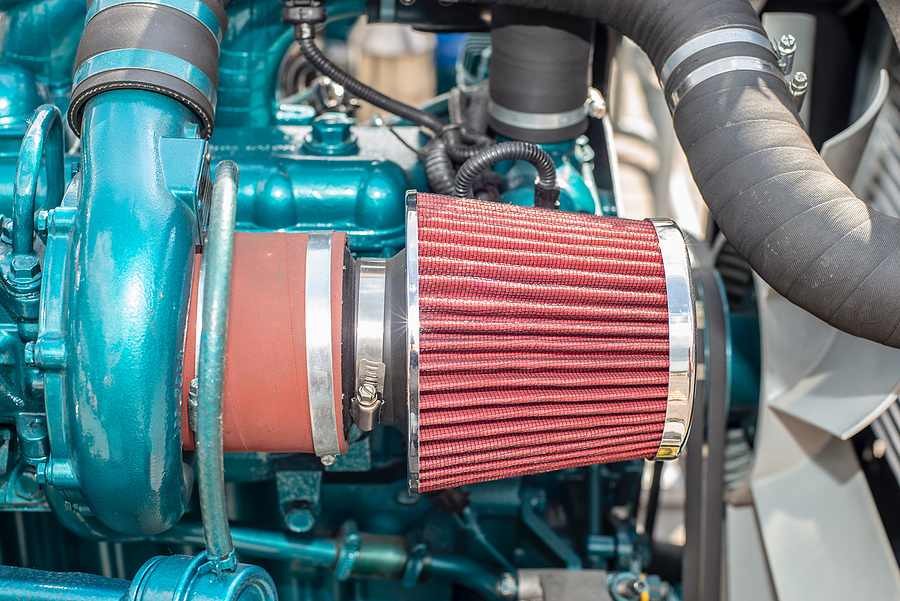
Regular tank cleaning is one of the ways that farmers can reduce the number of filter blockages agricultural vehicles suffer, according to a National Farmers Union Scotland (NFUS) expert.
In his latest
blog for the NFUS site
, transport advisor Jamie Smart advised that there
are several steps users of red diesel can undertake to reduce blockages.
As Farmer’s
Weekly reports
, the problems many are facing believed to be due to changes
in the composition of the fuel they are using, which has been changed to reduce
emissions. This centres on the amount of fatty acid methyl ester (FAME) in red
diesel. This is made from a mix of vegetable oils and animal fats.
In 2004 the British Standard for Road
Diesel changed to allow up to five per cent FAME content, with this increasing
to seven per cent for both diesel and red diesel in 2009. Under the terms of
the government’s Renewable Transport Fuel Obligation, the figure is due to rise to 12.4
per cent by 2032.
However, the National Farmers Union
(NFU), NFUS and NFU Cymru have all been unhappy with the issue of blockages to
filters on both storage tanks and machines and have taken up the issue with the
British Standards Institution, which has been looking into the issue since the
autumn of 2019.
Mr Smart’s top tips included using tank
cleaning services to ensure the tank is regularly cleaned.
He warned: “Modern bunded tanks can be difficult to clean as
they are designed more to prevent spillage and pollution,” adding that anyone
buying a new storage tank should “think about how you are going to clean it out
and remove any water that may collect in it”.
He also said fuel tanks should be located in places where they are sheltered from the worst of the weather, particularly “extremes of temperature”, while the outlet of the storage tank should have a “suitable” filter.
Oil Price In Slump Amid Rates Rise Expectations
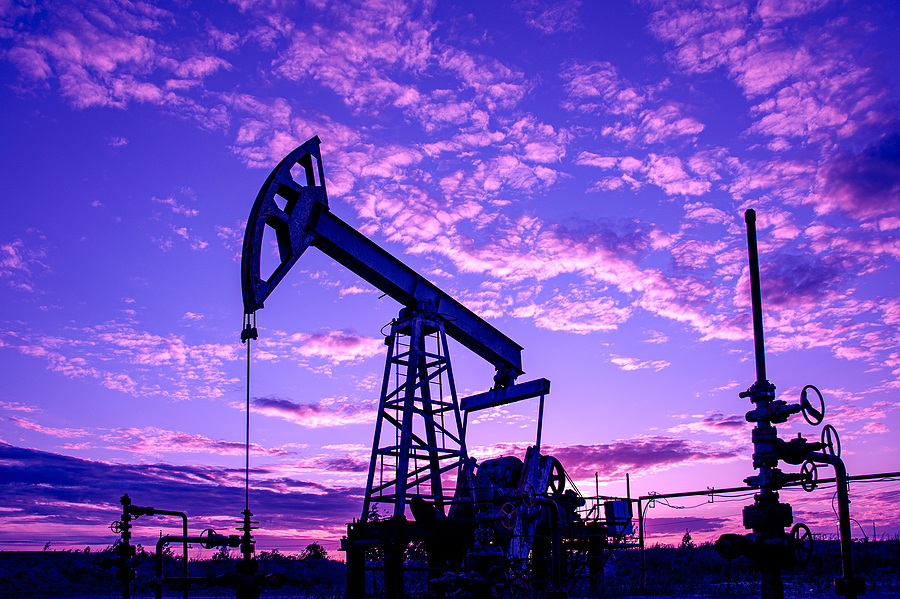
The price of oil on the world market has plunged this week, falling back from the highest rates of the year.
Central to the drop was the expectation of
a
risein interest rates in the US, which pushed up the value of the dollar. As
well as directly affecting the currency value, this may also have knock-on
effects for the US economy, bearing down on the recovery and thus potentially holding
back growing demand for oil.
Westpac senior economist Justin Smirk told Business Today
this would counterbalance the upward pressure on demand for oil from increased
vehicle movements as economies like the US open up again.
Indeed, the drop should be taken in context as the price of
oil has been at its highest all year over recent days, which may incorporate an
element of market correction as well as conflicting economic indicators , as
western nations with highly-vaccinated populations ease out of the pandemic.
Using oil tank installations, UK users can of course iron out fluctuations in
global prices by storing large amounts that will take months to use, ensuring
they don’t always need to top up at a time when prices may be higher than
usual.
An analysisby Forbes of commodities prices - including oil - has revealed how
uncertain the picture is.
It noted that while the general expectation
is an upbeat one of increased global growth and recovery, there are a number of
potential tailwinds to contend with.
Among these are concerns about a resurgence
of Covid-19 in parts of the world, including Asia, Africa and some parts of
Europe. “Covid-19
still casts a shadow over the pace of global economic recovery,” Forbes noted.
Another is whether OPEC can manage to balance its efforts
to ensure the growth in production is only gradual and does not flood the
market.
The analysis concluded with a prediction that the next year will see a “moderate” drop in prices to around $66 (£48) a barrel of Brent Crude.
One-Fifth Of Motorists Unclear On Clean Air Zones

One in five UK motorists is unaware of what a Clean Air Zone (CAZ) is, despite their introduction to cities across the country.
Birmingham will be the latest city to implement a Clean Air Zone (CAZ) on 1 June, following on from London and Bath, which have both created low-emissions zones, reports the Birmingham Mail.
But according to a new survey by used car marketplace Motorway, there is a general lack of understanding of what a CAZ is and what it means for motorists.
One-fifth of the 2,009 drivers quizzed for the survey revealed they had little to no idea what a CAZ is, and one in three motorists from Birmingham were unaware that a CAZ was being implemented in the city on 1 June.
Some 21 per cent of motorists are unsure of how a CAZ works, while just 16 per cent knew how to check to see if they would be charged to drive through a CAZ.
While each city’s CAZ has a different approach, the common goal of them is to reduce pollution in the UK’s worst-affected areas.
London’s low-emission zone – called ULEZ – requires vehicles to meet certain emissions standards or face paying a daily charge of £12.50 for cars, motorcycles and vans, or £100 for heavier vehicles such as lorries.
From 25 October, the ULEZ is expanding from central London out to the North Circular Road and South Circular Road.
The Birmingham CAZ will charge those people who do not drive a car that meets Euro 4 emissions standards for petrol and Euro 6 for diesel.
These are typically petrol cars made since 2006 and diesel cars since 2015. Those that do not meet these standards will be charged £8 per day.
Bath’s clean air zone only charges
commercial vehicles, leaving private cars and motorbikes exempt. High-emission
commercial vans are required to pay £9 to enter the city centre, with buses
charged £100. Private hire vehicles and taxis will also pay £9.
If you’re looking to buy a diesel dispensing tank in the UK, talk to us today.
Are Rainwater Harvesting Systems Worth It?
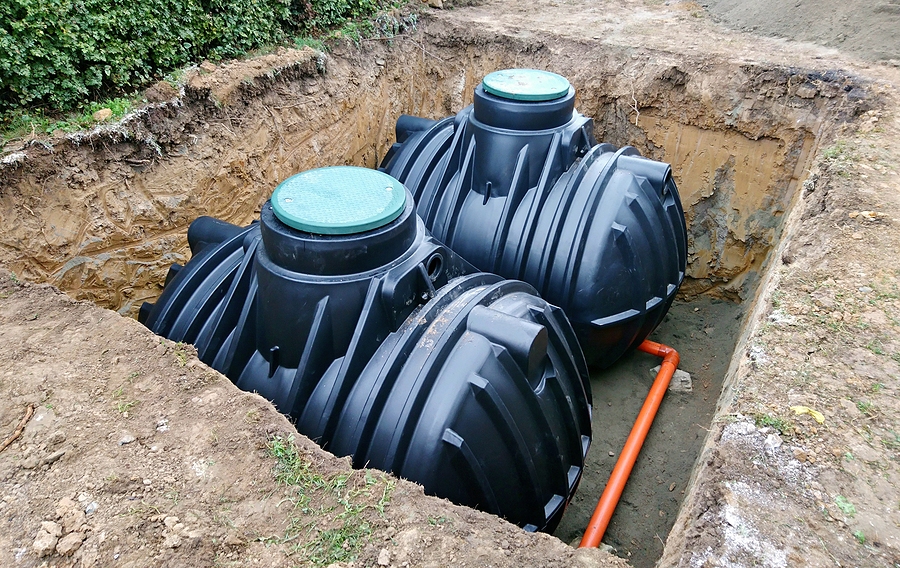
We all try to live more sustainably and environmentally aware lives and try to use fewer resources and utilities. Many people can forget that even in the UK, where water seems plentiful and seems to be falling from the sky, that water is also a valuable commodity. When all we have to do is turn a tap and we have clean, fresh water, it can be easy to forget there is a shortage.
Many people have taken to rainwater harvesting systems to help conserve water, but some may not see if there are any benefits, especially with any upfront costs. But rainwater harvesting can help cut down on resources and waste and will make a difference to your water bills if you’re using harvested water to wash your car and water the garden instead of tap water.
The UK is blessed with many reservoirs that supply our daily needs, but we are not as rich in water as would be believed, despite our often dreary weather. According to research, we use around 150 litres a day, and that population growth by 2030 means demand will outstrip supply by as much as 40 per cent.
Not everyone will want to rush out and buy a rainwater harvesting system, but might instead consider installing a water butt in the garden to collect rainwater for garden tasks. We have a brief look at the costs versus the benefits of rainwater harvesting.
There are rainwater harvesting systems that will suit most pockets. A simple water butt for the garden will cost between £70 and £80, and when set up properly and used to water the garden can recoup the costs in about 18 months.
At the top end, a rainwater harvesting kit can cost up to £3,000 and may take around 15 years to recoup the costs. It may need professionally installing also, which will push the cost up.
However, rainwater harvesting can start to make a more
impressive return in the commercial sector, where water usage can be higher.
Larger roof surfaces mean that more water can be collected, and harvesting
systems can use the water for things like flushing toilets, taking a lot of
work from the mains supply.
If you’re looking for water storage tanks in the UK, visit our website today.
Panic Buying Pushes US Petrol Above $3 A Gallon
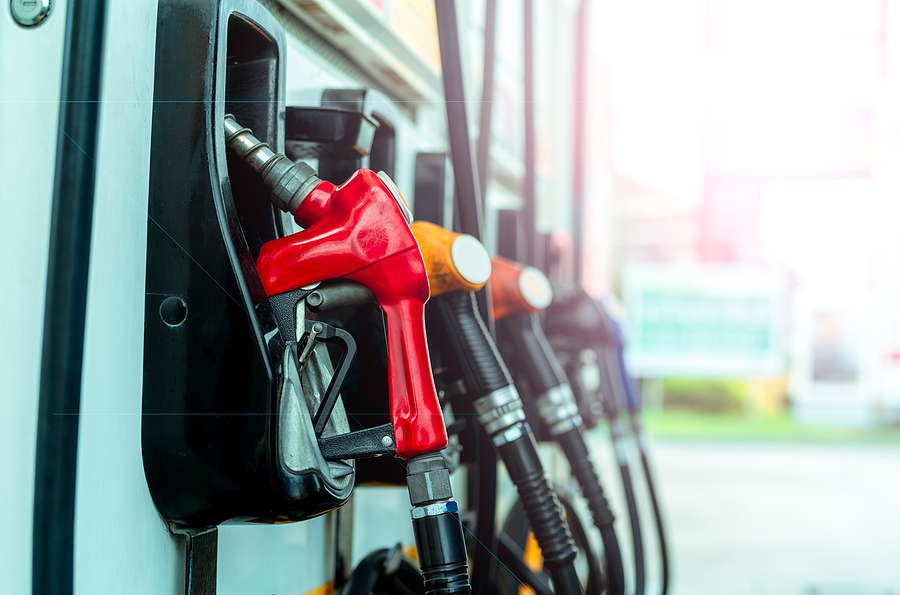
Average US petrol prices recently hit the $3 a gallon mark, the highest in seven years, as fears of a fuel shortage after a cyber attack that shut down a major pipeline entered its sixth day.
Fears of a shortage sparked panic buying of fuel in states across the southwest of the US, with many not taking precautions, filling up plastic bags and storage bins with fuel, which has led to at least one vehicle catching fire. Federal and state officials have pleaded with the public not to engage in panic buying.
The worst-hit was North Carolina, with 25 per cent of its filing stations running dry by the morning of Wednesday 12 May, and 15 per cent of stations in Georgia and Virginia reporting they were also without fuel. The problems were particularly acute in major urban hubs. Outages hit more than 70 per cent in Charlotte, North Carolina, and 60 per cent in Atlanta, Georgia.
The Colonial pipeline was shut on Friday after a cyber attack, which the FBI said was carried out by a group called DarkSide, who has since taken responsibility and have also apologised, issuing a statement on its website that read: “Our goal is to make money and not creating problems for society.”
The 5,500-mile network delivers petrol, diesel and jet fuel from refineries on the Gulf of Mexico to markets on the US east coast.
As of the morning of Wednesday 12 May, average US petrol prices were at $3.008 a gallon, according to US automobile association AAA.
Georgia’s governor Brian Kemp on Tuesday issued an executive order suspending the state ’s gasoline tax as officials in the region sought to calm drivers ’ nerves.
“There is no need to rush to top off your gas tanks or hoard gas — the pipeline is expected to resume operations by the end of the week,” said South Carolina Governor Henry McMaster on Twitter.
If you’re looking to buy a diesel dispensing tank in the UK, then visit our website today.
How To Choose The Right Fuel Storage Tank

Using the correct tank to store fuel oil for domestic purposes is important to comply with safety, building, and environmental regulations. If you are in the process of deciding what type of tank to purchase, and where to locate it, here are some general points to bear in mind.
What type of
tank is best for your needs?
Fuel tanks are available in a range of shapes and sizes, and are typically made from plastic or steel. The most important thing to look for is a recognised European, British, or industry standard, such as the OFTEC Standards . This will prove that the tank has been manufactured and tested to strict quality standards.
Tanks installed
near to a river, well, or other water source will require some form of secondary
containment to minimise the pollution risk from leaks. If you are considering
buying a second-hand tank, have it inspected by a qualified technician first,
as it may have hidden corrosion or cracks which aren’t obvious to you.
Where is the
best place to locate a fuel tank?
There are strict rules for the placement of oil tanks, to minimise fire hazards. The full regulations can be found here . When placed outside, they should be at least 1.8m away from a non-fire rated building or other structure, and 1.8m away from openings in a fire rated building.
Fuel tanks can be
located inside, but they must be self-contained within a 60-minute fire rated
chamber. To install a tank underground, you will need to enquire about planning
permission, as there are likely to be building and environmental regulations.
The tank needs to
be installed on a secure base that is adequate for the weight of the tank and
its contents. The base must be level and extend beyond all sides of the tank,
and made from a non-combustible material, such a stone or concrete.
If you are looking for a 2500 ltr oil tank, please contact us today.
Police Warn Over Rural Fuel Thefts

Police officers from the Argyll and West Dunbartonshire Police Division in Scotland have urged owners of fuel tanks to boost their security and be on the lookout after reports of a high number of thefts of high volumes of domestic fuel in rural areas.
The Helensburgh Advertiser reports that there had been a spate of thefts between December last year and February in the wider Argyll area. Unfortunately, there was no CCTV footage available, and no suspects have been identified.
According to the police, heating oil and red diesel, which is used for agricultural machinery, are the most common items stolen from farms.
The police have offered the following advice:
•
Install and use lockable gates, maintain boundaries
and perimeter fencing to deter intruders.
•
Hide domestic fuel tanks from view with hedges,
shrubs, and fencing.
•
Fit a locking cap to your tank.
•
Keep a record of the fuel levels in your tank, and
check regularly
•
If possible, install motion-detecting security
lighting to cover the tank and the surrounding area.
•
Make a note of any suspicious vehicles, and report the
registration numbers to the police by calling 101.
•
If tanks are located in outbuildings, make sure they
are kept locked and secure.
•
If you have already had fuel stolen, be aware that
thieves may return to steal any replacement fuel.
•
Be especially vigilant following a recent delivery of
fuel.
•
Consider an alarm that notifies you if fuel is being
drained from the tank.
Keep an eye out for any suspicious behaviour on your
property and your neighbours, and report anything untoward to the police.
If you’re looking to buy a diesel dispensing tank in the UK, get in touch today.
Do Low Fuel Prices Make Larger Aircraft More Viable?

The lower demand for jet fuel over the past 12 months due to travel restrictions has become an opportunity for some airline operators, who have claimed that the cheaper price of filling up plane and storage oil tank installations makes their larger planes even more viable.
Tim Clark, CEO of the Emirates airline claimed that their
flagship Airbus A380 mega-jet accounted for 85 per cent of their profits before
travel was restricted and the low price of fuel makes it even more affordable,
according to an
interview with Simple Flying.
This is somewhat unique, as the A380 has largely been seen as a major failure by other airlines. The reason for this is the very same reason why the A380 is so profitable to Emirates: its sheer size.
With most commercial aircraft having enough capacity for 250-300 people, the A380 can carry 500 in its standard configuration, which makes it extremely good value for money when it’s full.
However, almost no routes have so much demand that you would need a 500-seat aircraft all year round, and if the plane is not full it becomes a major money sink for operators.
Emirates, having a monopoly on one of the busiest routes in the world from Europe and America to Asia via Dubai, can find a major advantage with it. But for other routes, such as American Airline’s London to New York route, they prefer to run two smaller planes a day for much less risk.
However, for Emirates, and the few operators still using planes that large, there is a golden opportunity to boost profits by taking advantage of low fuel prices.
Diesel ‘Not Yet Dead’ In UK
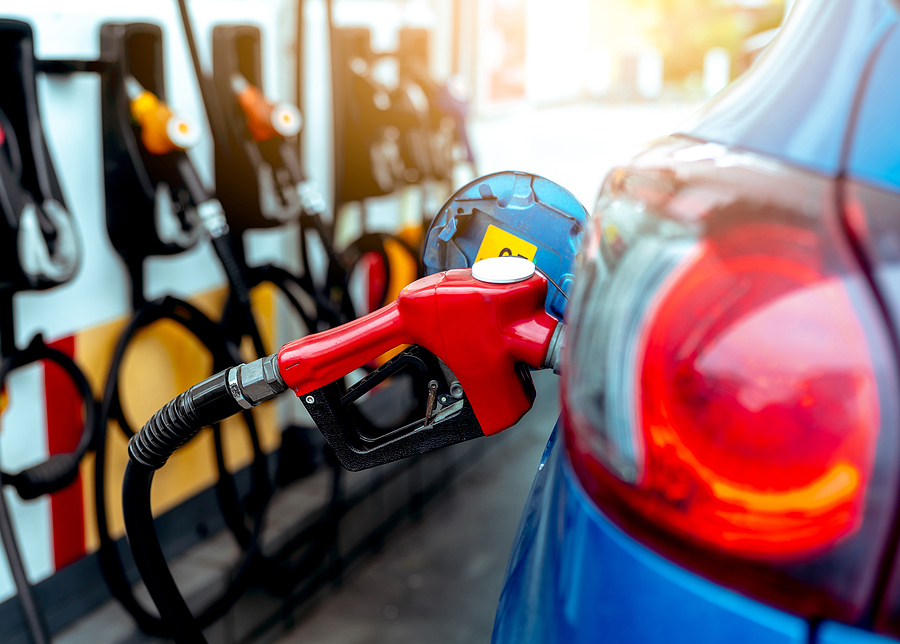
Diesel may be in decline as the UK moves towards hybrid and electric cars, but it isn’t finished yet, a motor trade expert has said.
This is the view of Big Mike, a
pseudonymous columnist for Car Dealer Magazine, described as having “had more
than 40 years in the car trade so has probably forgotten more about it than
we’re likely to know”.
In his latest column for the magazine, Big
Mike outlined the history of diesel cars, suggesting they were unattractively
noisy, smelly and slow in the early days, but developed to the point that by
the 1990s they were not only a viable alternative to petrol, but seen as a
greener option because of their lower CO2 emissions.
However, that changed as the focus shifted
to other kinds of emissions and government policy turned against diesel.
However, Big Mike stated, this has caused
him to turn into an “advocate” old diesel once more.
Describing himself as a “womble at heart”
who considers that “one’s man’s trash is another’s treasure”, he said: “Right now there
are loads of unloved, unwanted and borderline unsaleable diesel cars on the
market that the upper-middle end of the trade don’t really want and are
throwing away.”
Of course, not everyone is so big a car enthusiast or fan of
diesel vehicles as Big Mike. But the demand for such vehicles has not gone yet,
not to mention the fact that vehicles such as tractors still use such fuel.
The direction the car market is going in
was made clear by the latest research from the
Britain
Under The Bonnet
report by Close Brothers Motor Finance.
It found 26 per cent of motorists want
their next car to be a hybrid, with eight per cent favouring diesel, down from
12 per cent since last year.
While the diesel market is shrinking,
therefore, it hasn’t gone completely, so there will still at least be some
demand for the fuel.
If you want to buy a diesel dispensing tank in the UK, call us today
How To Take Care Of Your Oil Tank In Summertime
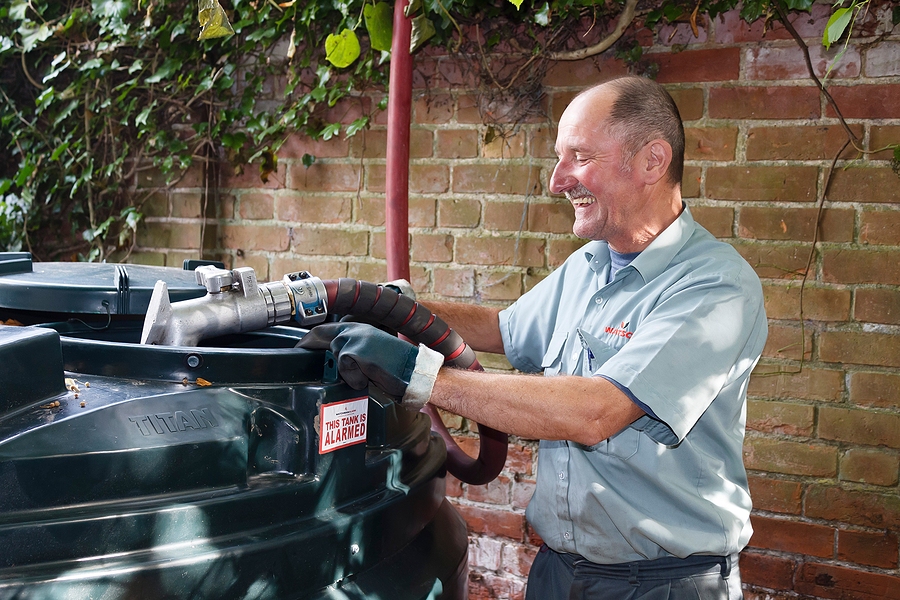
With a serious uptick in the weather now being seen around the UK, it’s essential that households everywhere know what their responsibilities are when it comes to taking care of their domestic oil tanks over the warmer months of the year.
Winter is when your tank will be used the most, of course, because of all the cold weather driving you to turn the heating on regularly, which means it’s all too easy to simply forget about it during the spring and summer, when you’re not using the heating at all.
But now’s the time to make sure you do a little bit of maintenance work, so you know your tank will continue to serve you well during the colder months of the year, when the last thing you want is to encounter any problems with fuel supply.
It would be wise to carry out an inspection of your tank every few weeks during summer, looking for any damage to the shell of the tank, as well as for signs of leaks and spills. Check the pipe fittings, as well, to make sure they’re still fully functional.
And even when you’re not using your tank, you need to make sure that it’s still kept full of oil. If you don’t do this, condensation can form inside the tank, which can damage the internal casing and lead to rust.
You’ll also risk damaging the entire system, as bacteria can form on top of the condensation and then fall to the bottom of the tank and turn to sediment, causing all sorts of problems.
Now is also the perfect time to have your tank serviced, so if you know it could do with a professional eye, get in touch with oil tank installers RJ Tanks to discuss further.



